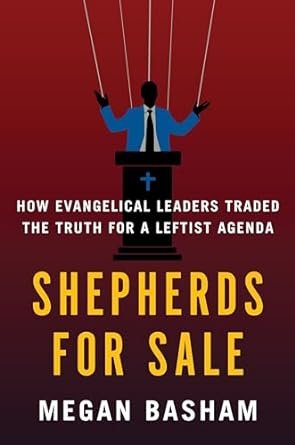Epiphany 1, 2026
Christmas Eve at Immanuel always begins by singing Once in Royal David’s City. But in our 1982 hymnal, a stanza was missing. Thanks be to God, it was put back in our current hymnal. It starts like this: “For He is our childhood’s pattern.” Children are to imitate Jesus; He obeyed Joseph and Mary, and He’s our pattern. But we’re still missing a stanza! There’s one more the church doesn’t seem ready to sing. It goes like this…
Read More

